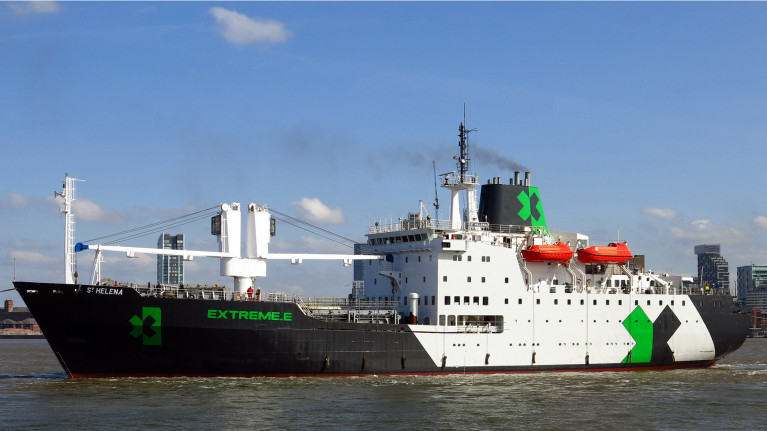Displaying items by tag: Strong 2020
The Irish Sea shipyard of Cammell Laird in the UK at Birkenhead on Merseyside has reported a strong 2020 despite the challenges of Covid-19 – with its construction hall, workshops and dry docks in continuous use since the start of the year.
Speaking about operating during a global pandemic, the CEO of Cammell Laird, David McGinley said: “Despite the restrictions and challenges of the last few months, the needs of our clients have not changed, and we have seen consistent demand for our engineering expertise and on-site facilities.
“The team has shown fortitude, commitment and agility throughout, which has been instrumental in keeping clients’ vessels operational and maintaining our reputation for engineering excellence.”
Projects of note during 2020 have included achieving a series of important milestones in the construction of RRS Sir David Attenborough – the research ship that will transform how ship-borne science is carried out in the Polar Regions.
Cammell Laird has tested and commissioned the vessel’s lifeboats and power systems and most recently, the water mist fire protection system. Work is now focused on readying the vessel for sea trials in October, which includes commissioning and testing the marine propulsion systems as well as checking the vessel’s scientific underwater sensors and deployment mechanisms.
Other notable projects include the ongoing transformation of unique cargo-passenger ship RMS St Helena (see Irish call) and later London, as she becomes a mobile hub for the Extreme Electric SUV racing series.
Cammell Laird is also preparing for the start of the next ferry season, which will see the return of all four Calmac Ferries (CalMac) for their annual maintenance periods.
Focusing on Cammell Laird’s roster of defence work, the yard has welcomed the first of the UK's Royal Navy’s Type 45 class of destroyer to Birkenhead.
Dauntless is undergoing her Power Improvement Programme (PIP), which will improve the resilience of the power and propulsion systems by replacing two diesel generators with three new systems and modifying the high voltage system.
In addition Afloat adds contracts for the RFA'S Tide class replenishment tankers that entered service for the UK's Royal Fleet Auxiliary from 2017. These ships provide in the provision of fuel, food, fresh water, ammunition and other supplies to RN vessels around the world.






























































